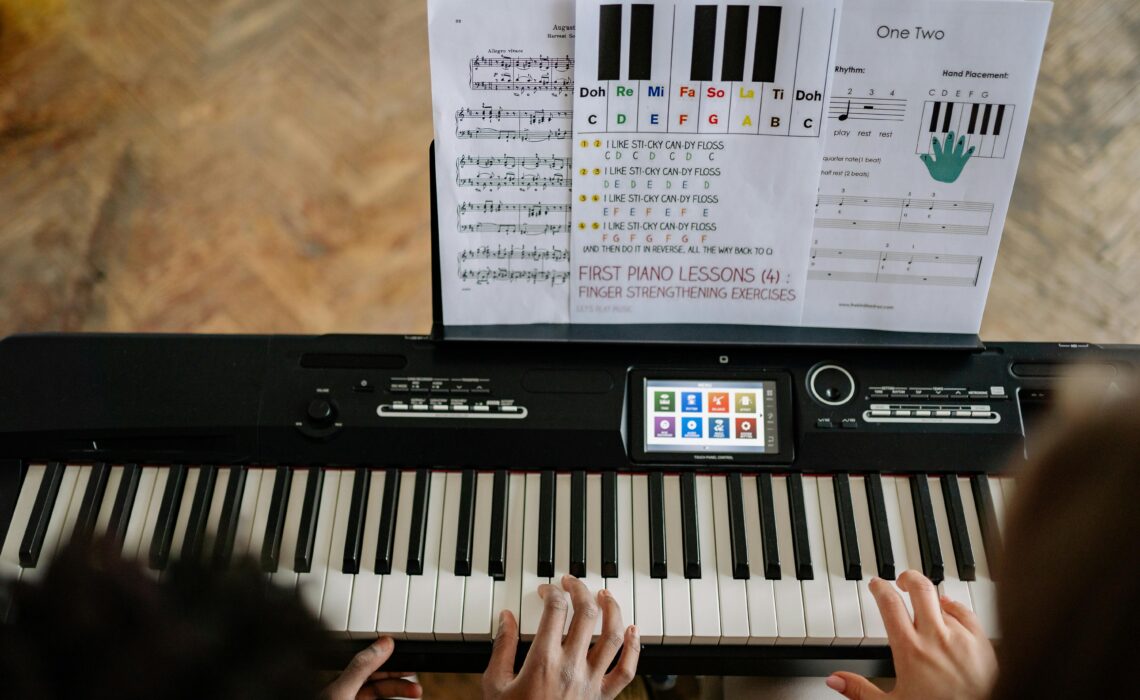
“Without music, the world would be a mistake” once said Friedrich Nietzsche. Music is an art, an accompanying track to the story of our lives.
But is it more than just a form of entertainment and enjoyment? It most certainly is. A study conducted by the University of Southern California found significant brain and cognitive differences between kids that did not learn how to play an instrument respect those who did. Those of the children who were taught how to play a musical instrument were superior in sound processing, language development, speech perception and reading skills.
Why do not all kids play an instrument?
As we mentioned before, it has been proven that having some level of musical education and learning how to play an instrument such as the piano, often has very beneficial outcomes in children’s intellectual development. Then, what is stopping all kids from learning how to play an instrument? Well, the answer is quite trivial, music lessons cost money. Attending extracurricular music lessons in private academies and conservatories is an investment that not all families are capable of making as it can get very costly in cases.
| “Chicago Piano Tutors Cost $40 – 55 per hour on average” (based on data from Wyzant.com) |
Chicago Public Schools choose to invest in music
Chicago, together with some other US states, have made a very big step towards the resolution of this problem. Chicago Public Schools (CPS) have opted to strongly advocate for music education for everyone, modifying their curriculum and program offerings to ensure that music is being taught in public schools at least to a certain level. CPS have adapted and modified their music curriculum to ensure the inclusion of piano education in their curricular activities.
Is this education offered in CPS good enough? What are some challenges?
As in almost any other place in the USA it has always been possible to find piano lessons in Chicago, however it has been in institutions unrelated to the public school system, which often entails high costs, and most importantly, they do not guarantee a high quality education. The CPS system has been working exhaustively on the improvement of their programs by implementing technologies, modern science based teaching methodologies and employing teachers with a high proficiency and excellent qualifications.
Let all be said, Chicago has been doing a great job in the recent years, nevertheless, there is still a lot to be done. For example, equipping schools with pianos that are new or in a very good condition is an expensive matter, something that can not be solved from one day to another as it is a very big investment.
| It is worth mentioning there are nonprofit organizations in Chicago that provide public pianos, which is great for all those who can not afford to purchase one. https://makemusicchicago.org/pianos-in-the-parks/ |
Final thoughts
To summarize, Chicago Public Schools’ System has been putting in some excellent work and making commendable strides in the integration of piano education into their curriculum, to ensure that the infinitely many benefits that music implies for humans are available to all public school students. However, let’s not stop here, there is still some work to be done. Some essential points to work on towards the future are:
- The investment in high-quality instruments
- The promotion of individualized instruction
- The need of continuing to adapt and improve the curriculum


